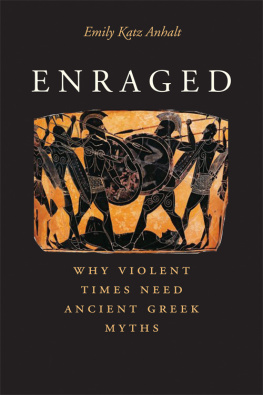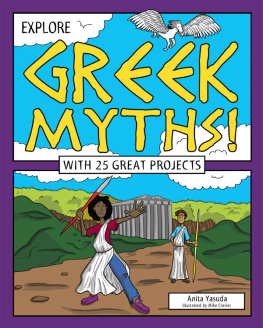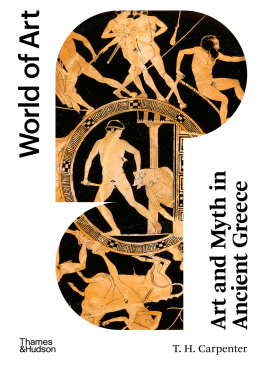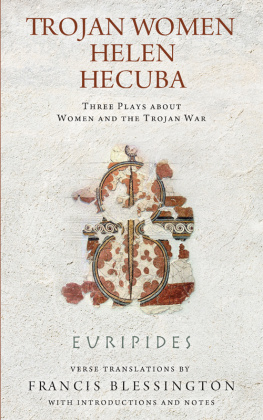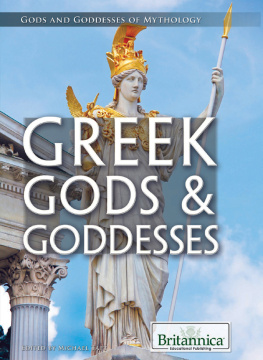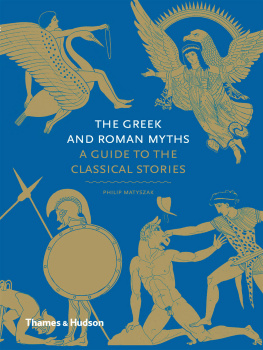Enraged

Published with assistance from the foundation established in
memory of Philip Hamilton McMillan of the Class of 1894,
Yale College.
Copyright 2017 by Yale University.
All rights reserved.
This book may not be reproduced, in whole or in part, including
illustrations, in any form (beyond that copying permitted by
Sections 107 and 108 of the U.S. Copyright Law and except by
reviewers for the public press), without written permission from
the publishers.
Yale University Press books may be purchased in quantity for
educational, business, or promotional use. For information, please
e-mail
(U.K. office).
Set in Minion type by IDS Infotech, Ltd.
Printed in the United States of America.
Library of Congress Control Number: 2017930760
ISBN 978-0-300-21737-7 (hardcover : alk. paper)
A catalogue record for this book is available from the British
Library.
This paper meets the requirements of ANSI/NISO Z39.481992
(Permanence of Paper).
10 9 8 7 6 5 4 3 2 1
For Eduardo
, .
Contents
FOUR . Violence, Vengeance, and a Glimpse of
Victory (Iliad 1024)
FIVE . The Dangers of Democratic Decision Making
(Sophocles Ajax)
SIX . The Abuse of Power and Its Consequences
(Euripides Hecuba)
Acknowledgments
For their insight, inspiration, and constructive critiques, I am most especially indebted to Richard Garner, Donald Kagan, Kurt Raaflaub, and William C. Scott.
This project has been percolating for a very long time. As an undergraduate at Dartmouth College, I first visited ancient Greece under the guidance and encouragement of Edward Bradley, Norman Doenges, Victor Menza, Christine Perkell, William C. Scott, Stephen Scully, James Tatum, and Christian Wolff. They introduced me not only to ancient Greek but also and especially to modes of study and inquiry that have enriched my life and brought me great joy and great solace. Their wisdom, enthusiasm, and pedagogical expertise remain the gold standard. I am similarly indebted to professors and colleagues at Yale University, whose kindness, generosity, and exemplary scholarship continue to inspire me: Robert Albis, Judith M. Barringer, Deborah Beck, Victor Bers, A. Thomas Cole, Richard Garner, George Goold, Judith M. Guston, John Herington, Donald Kagan, J. E. Lendon, Elizabeth Meyer, Sheila Murnaghan, Jerome T. Pollitt, Shilpa Raval, Joe Solodow, Gregory Thalmann, Elizabeth Tylawsky, Heinrich von Staden, Alysa J. Ward, and Gordon Williams. I also owe a great debt to Gregory Nagy for his influential scholarship and for his invaluable assistance in editing my first book (Solon the Singer: Politics and Poetics, 1993). For their wisdom and friendship, I am immeasurably thankful as well to colleagues at Trinity College: James Bradley, Mary Cornog, Richard C. Lee, Kenneth Lloyd-Jones, and A. D. Macro.
Since 2004, colleagues and students at Sarah Lawrence College have provided a most nurturing and exciting intellectual environment. A course-release grant from Sarah Lawrence gave me time to complete the manuscript. For their inspirational example and their advice and encouragement on this and other projects, I am particularly indebted to colleagues Cameron Afzal, Brom Anderson, Neil Arditi, Fred Baumgarten, David Bernstein, Bella Brodzki, Melvin Bukiet, David Castriota, Michael Davis, Isabel de Sena, Jerrilynn Dodds, Roland Dollinger, Charlotte Doyle, Glenn Dynner, Jason Earle, Joseph Forte, Melissa Frazier, Barbara Hickey, Barbara Kaplan, Eduardo Lago, Ann Lauinger, Eric Leveau, Nicolaus Mills, Nike Mizelle, April Mosolino, Sayuri Oyama, David Peritz, Tristana Rorandelli, Barbara Schecter, Sam Seigle, Judy Serafini-Sauli, William Shullenberger, Kanwal Singh, Fred Smoler, Philip Swoboda, Marina Vitkin, Charles Zerner, and Carol Zoref. Among many superb students, I would like to acknowledge specifically Daniel Nadelman, Rebecca Nadelman, and my extraordinary Magnificent Seven Greek students (20132015): Emma Duvall, Gal Eldar, Brian Fox, Michelle Houslanger, Julia Huse, Rebecca Shepard, and Lydia Winn.
Words cannot express my gratitude to physicians, family, and friends, who have sustained and encouraged me in sickness and in health. Francine Foss, M.D., saved my life, as quite literally no one else could have. I survived to write this book because of her genius, expertise, and kindness, along with that of Mary Ann Fieffer, A.P.R.N., Diane Dirzius, R.N., Rose Mixon, R.N., and the many other talented, compassionate, and selfless doctors, nurses, and staff at YaleNew Haven Hospital.
For their wit, wisdom, generosity, and enriching friendship, I am also supremely grateful to Nancy and Scott Barcelo, Marion Caldwell and Tom Cicovsky, Mary Ann and Jim Carolan, Jeanne and Dan Dinaburg, Ellen and Brad Foster, Kopkun and Glenn Gardner, Terry Blonder Golson, Laura Jarett and Earl Giller, Jeffrey Mackie-Mason, Ruth and Lawrence Manley, Anne Craige McNay, Kathy Neustadt, Jane Orans (at whose glorious Quisisana Resort in Center Lovell, Maine, I have also written and edited extensively over many years), George Petty, Kathryn Roberts, Susan Roberts, Marjorie Schorr and Joe Gurvets, Phyllis and Howard Schwartz, Susan Schwartz, Janet and John Segal, Claudia and Paul Taskier, Daniela Varon, and Ken Winber.
My daughters Erica and Ariela and my mother Marilyn Katz read and commented brilliantly and tirelessly on drafts of the book from its earliest stages. Their insights and encouragement have been infinitely valuable. My brother Jimmy Katz not only gave me his turbo-charged bone marrow, he and my sister-in-law Dena Katz provided continuous, enthusiastic support as I recovered my health and resumed work. I am also grateful to my mother-in-law Nedda Anhalt and my cousin Marjorie Lynn for their affection and encouragement.
In addition, I owe many thanks to Sarah Miller, Susan Laity, Eliza Childs, Ash Lago, Laura Davulis, Eva Skewes, and the editorial staff at Yale University Press for their expertise and assistance in preparing this manuscript.
My greatest debt is to my husband Eduardo, whose brilliance, humor, and love preserve my life and my equilibrium. Eduardos wise counsel delights, improves, and inspires me in all adventures and endeavors. Eduardo suggested that I turn my repeated dinner-table observations into something more constructive, and he continued to cheer me on as I labored like George Eliots Casaubon on my own seemingly endless Key to All Mythologies.
A Note on the Texts, Translations,
and Notes
All adaptations, translations, and citations of the Iliad, Ajax, and Hecuba rely on the Oxford Classical Texts of D. B. Munro and T. W. Allen (Iliad), A. C. Pearson (Ajax), and G. Murray (Hecuba); translations are my own.
Homeric Greek is a literary composite of several dialects: primarily Aeolic and old-Ionic with some Arcado-Cyprian, Attic, and non-Greek forms as well as some neologisms. This combination would have sounded somewhat strange and elevated even to audiences in the sixth and fifth centuries BCE. Sections of the tragedies also very likely sounded formal and stilted to fifth-century audiences. I have tried to paraphrase and, at times, to translate the Greek (into prose, not poetry) as literally as possible, while still yielding sense in English. When possible, I have sought in the opening narratives to preserve some of the distance and elevated tone of the original Greek, particularly in the dialogue. To a contemporary reader, this may sound awkward at times.
Given the vastness of the scholarly bibliography, the notes are not intended to be exhaustive but, rather, representative of relevant scholarship in English and an impetus to further reading.
Next page
